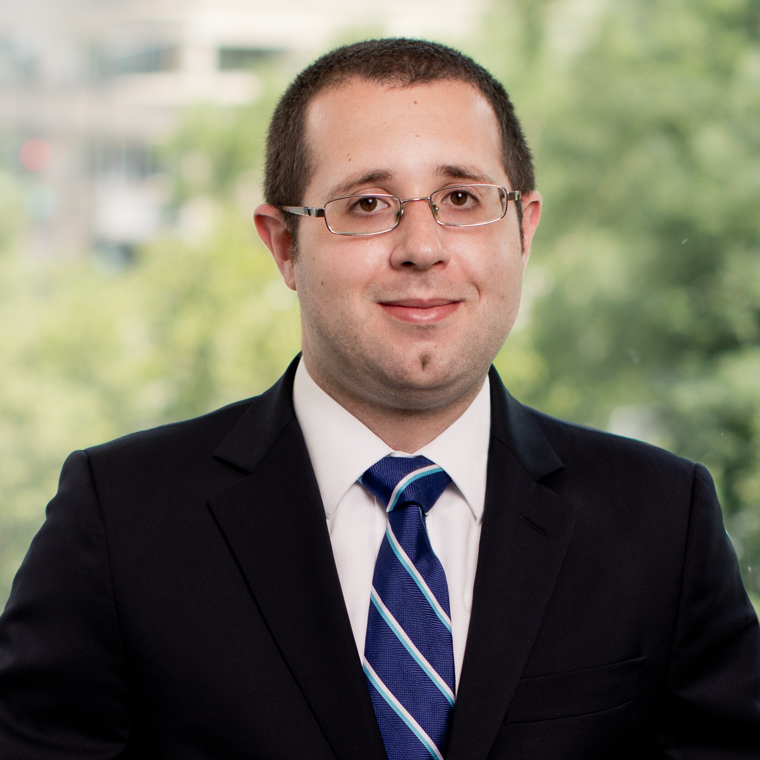In its June 2016 decision in Universal Health Services, Inc. v. United States ex rel. Escobar, 136 S. Ct. 1989 (2016), the Supreme Court held that implied certification claims are viable under the False Claims Act (FCA), but only in certain circumstances. In the year and a half since the Court handed down Escobar, dozens of lower courts have addressed issues left uncertain by the Supreme Court's ruling, above all: (i) when does a claim for payment constitute a false implied certification of compliance with a regulatory or contractual obligation; (ii) what suffices to allege or prove that alleged non-compliance was material to the government's decision to pay; and (iii) what suffices to allege or prove scienter. This article traces the debates in the lower courts concerning these issues, some of which are just now beginning to return to the Supreme Court in petitions for certiorari. Read the full alert.
An Escobar Roundup: Falsity, Materiality, and Scienter
